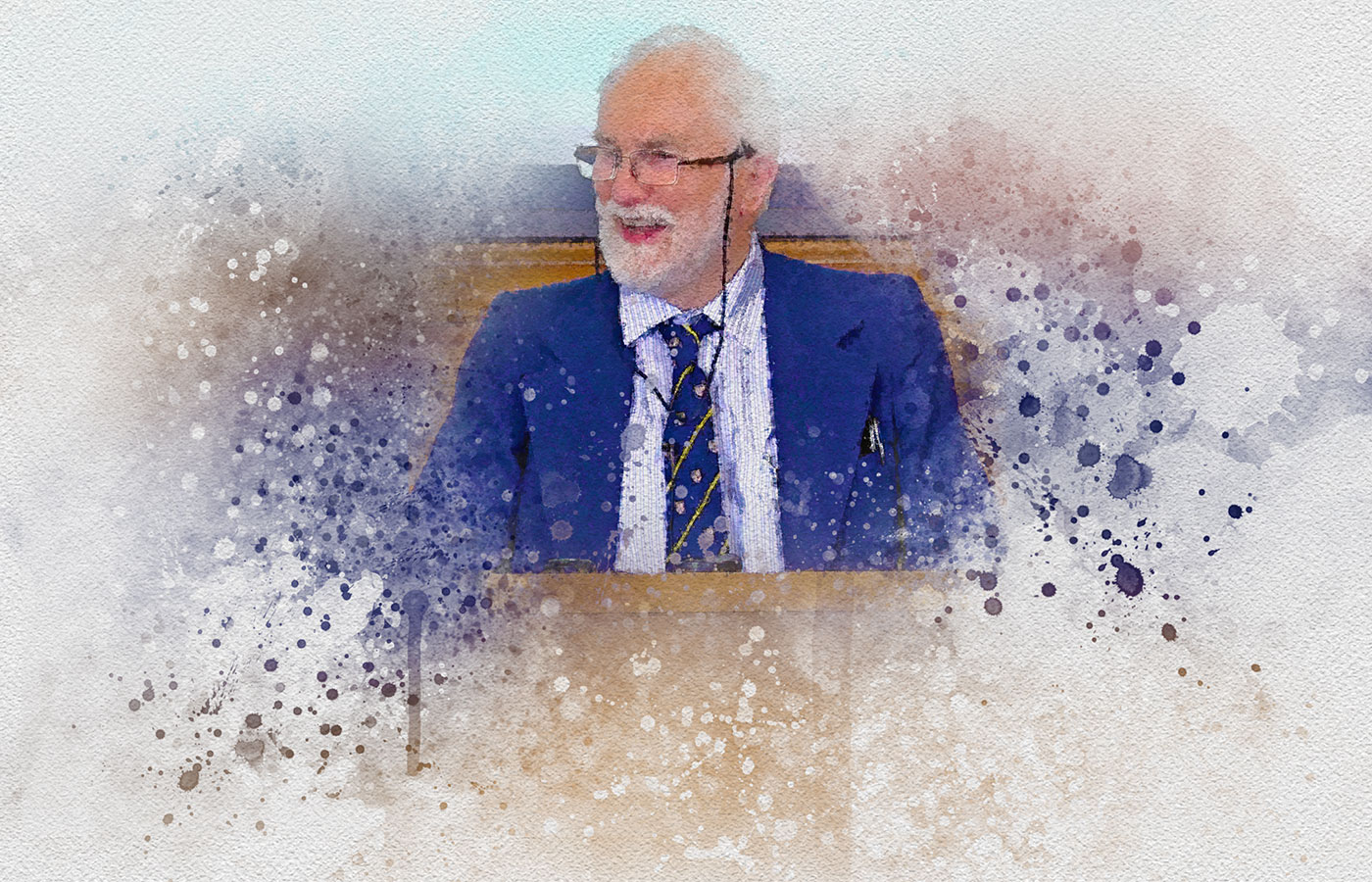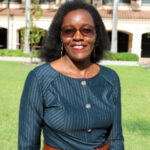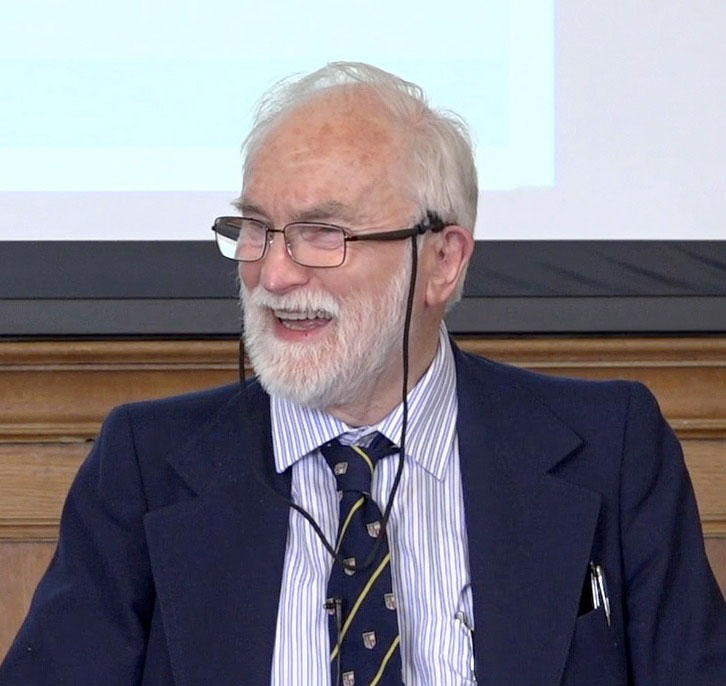The death of Professor Andrew F. Walls on August 12, 2021, generated a flood of hearty tributes.[1] Walls was the almost patron saint of a close-knit community of mission historians in the Yale-Edinburgh Group, an informal group of scholars founded in 1992 by Walls and fellow scholar Lamin Sanneh. At a time when the growth of Christianity in the non-Western world was neither understood nor appreciated by Western scholarship, Andrew Walls became instrumental in shaping world Christianity as a research field. His catalytic conference talks, later assembled into key publications, framed some core themes of recent Christian history.
Andrew Walls became instrumental in shaping world Christianity as a research field.
The Field of World Christianity
Despite his significant contribution to world Christianity, Walls was especially humble, almost effacing to the point of constantly deferring his ideas to others. World Christianity is a relatively new research field alongside mission studies and Christian history. Theological education tends to be organized around biblical studies, systematic theology, pastoral (practical) theology, and church history, each with its subdisciplines. In the immediate post-colonial era and a while yet, theologians and historians have made the implicit assumption that Western Christianity sets the definitive standard and have treated others, famously, as contextual theologies. Missiology, the discipline that grew out of the experiences of the missionary movement, became a lens into Christianity in the non-Western world. However, missiology itself emerged to respond to the challenges of contact between missionary cultures and the recipients’ cultures. Before the crystalizing of world Christianity, church history treated non-Western Christianity as an extension of Western missionary activity, an anomaly which has since been addressed in numerous publications.
World Christianity emerged to frame how Christianity has taken root and is evolving in the non-Western world, although studies now cover the entire world. The leading claim, which has since acquired significant nuance, is that over the last century, Christianity has numerically shifted from the Global North to the Global South. This was popularized by Philip Jenkins in The Next Christendom: The Coming of Global Christianity.[2]Jenkins pronounced it a revolutionary transformation tantamount to ‘a Christendom’ reminiscent of European Christendom. For media pundits and demographers, it proved to be a catchy idea in the zeitgeist of the 9/11 attack on America’s World Trade Center. Walls, however, along with fellow mission historians like Lamin Sanneh, Brian Stanley, and Dana Robert, among others, had been telling the story for several decades. What particularly distinguished Walls was the priority he gave to the African phase of Christian expansion, and for me as an African scholar, this forms the main part of this tribute to him.
Walls’ Journey into the African Christian World
He stopped pontificating and started observing.
My admiration of Andrew Walls began with a personal encounter. Walls lectured alongside Mark Shaw on key themes for our pioneering World Christianity PhD cohort at the Africa International University in Nairobi. He told our class how, as a well-trained historian with a pedigree from British universities, he had been serving as a missionary in Sierra Leone. With missionary zeal he lectured about second-century church history to African students, until one day at an indigenous church it dawned on him that he was living amid a miracle.
He stopped pontificating and started observing. He religiously collected gray materials such as pamphlets, locally published (and often underdeveloped) theological treatises, cassette records of Pentecostals, church committees’ minutes in mainline churches, testimonies and biographies of ordinary Africans, booklets for liturgical purposes, and so on. He scoured the contents of these materials and entered into dialogue with emerging African theologians, many of whom had focused on the identity question posed by the postcolonial pushback on Christianity in Africa.
To Walls, the integrity of African theology and African Christian identity lay beyond the then prevalent cosmological readings; it called for a historical Christian reconnaissance alongside a phenomenological immersion in the dynamic life-worlds of African Christians. Once you saw it, as he did, you could not unsee it. The scales fell off, and he considered what he saw a living miracle: the second century church resurrected in a new world of tropical Africa, more dynamic than ever among cultures coming into a first-time encounter with the Christian religion against a background of traditional religion, simultaneously confronted by ‘progressive’ realities introduced by colonialism and modernity.
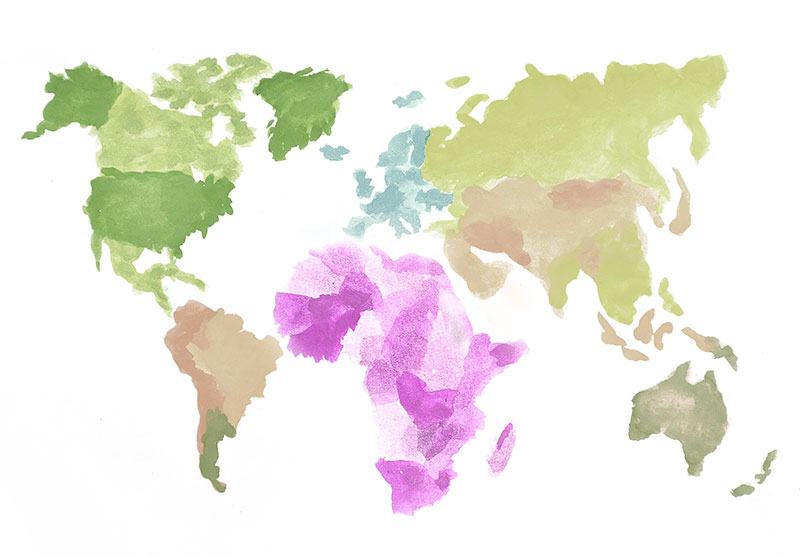
Decentering the Western Christian Narrative, Recentering African Christian History
The encounter between the Christian faith, the translated Christian canon, and the African religious heritage ceases to be a meeting of Western culture and African values. Instead it is seen as Christ conversing with the soul of Africa.
For Walls, it was this encounter with the African religious lifeworld, in comparative parallel with early Christianity, that decentered the dominant Western Christian narrative as the central account of the world Christian movement.[3] In its place he explored the whole of the Christian story, in all regions of the world throughout history. From an organic point of view, the encounter between the Christian faith, the translated Christian canon, and the African religious heritage ceases to be a meeting of Western culture and African values. Instead it is seen as Christ conversing with the soul of Africa.
Nineteenth and twentieth century Christians grasped this insight and claimed Scripture as a pivotal text to cultivate Black consciousness, rallying various forms of self-emancipation, not the least the growth of African indigenous churches (AICs) and later the charismatics and Pentecostals. To Walls, the AICs played a missionary role of enculturating the biblical canon into the soul of African cosmological realities, thus preparing the soil for later generations of Christians to receive fuller expressions of the gospel. Walls would come to recenter the African phase of the contemporary Christian story as the most significant development of our time. This—the lifting of a previously overlooked yet most dynamic region—is the heart and initial impetus of studies of world Christianity, a point some latter schools of world Christianity seem to have missed.
One of his illustrative stories is the Ethiopian eunuch’s encounter with the apostle Philip in Acts 8. Africa only gets a passing mention in Acts, but Walls imaginatively read God’s plan to include the whole continent in Christian history. The eunuch comes to the text as a participant in the networks of the Greco-Roman world, an important official from an internationally known yet locally independent African kingdom, ruled by a woman, the Kandake. This is a vignette that Walls saw as indicative. While Africa seems to be a lesser sibling in today’s global affairs, it is inserted in the international networks and redemptive story early in the gospel, and it remains part of the subsequent historical flow of the two thousand years of Christianity, as research shows.
This unbroken line of continuity establishes African Christianity as Christian history in its own right, not an appendage of the missionary narrative.
By the second century, North African churches had become pioneers in Christian literacy. By the six century, Christianity had an enviable home along the Nile in the Nubian kingdom. Coptic and Ethiopian Orthodox churches have held up on their own even when their regions have been overshadowed by Islam. This unbroken line of continuity establishes African Christianity as Christian history in its own right, not an appendage of the missionary narrative. Not that missionaries of the 19th and 20th centuries did not matter. Walls, a missionary himself, devoted significant portions of his writing to demonstrate they were unlikely catalysts of contemporary growth, but maintained they were mostly just that: catalysts. But the agency of Africans in their own story could not be appreciated in the shadow of the Western predominant narrative.
The Transmission and Expansion of the Christian Faith Over the Longue Durée
Walls’ view of transmission, diffusion, and expansion of the Christian faith over the longue durée is a perspective that is much needed by our generation, which often gets preoccupied with results that can be tabulated in the short-term. For example, one of the early controversial movements, Donatism from North Africa in the third and fourth centuries, accepted the corpus of Scripture but opposed state interference in church affairs, pioneering a social revolution that would be echoed by 20th century Latin American liberation theologians. The practical questions they raised ultimately compelled the articulation of theological responses from the Church Fathers, resulting in doctrines and creeds that would be passed onto the semi-literate territories of Europe in the centuries ahead.
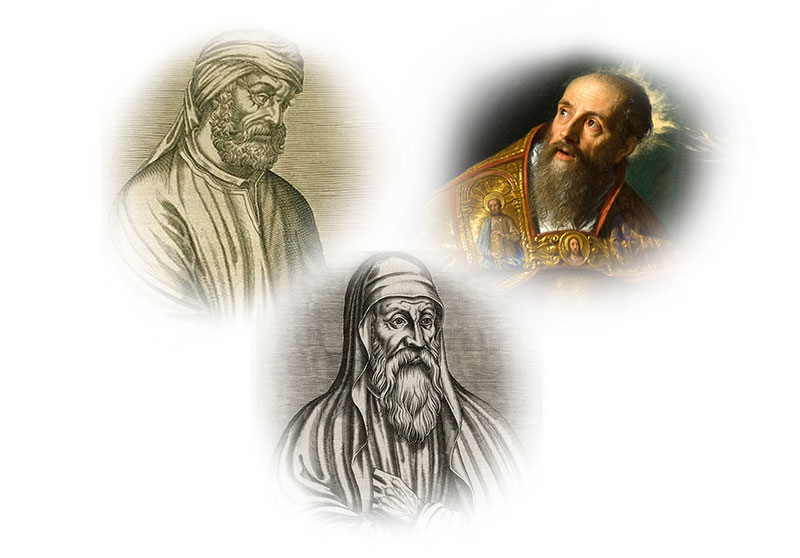
Quintus Septimius Florens Tertullianus (left), Saint Augustine (right), and Origen of Alexandria (bottom)
Origen, whom Walls calls a ‘systematic theologian’, was African. Tertullian, a lawyer whom Walls equates to modern Pentecostals, and Augustine, who laid the foundations of Western theology using Roman law as its cement, were both raised in North Africa. Monasticism was pioneered by St. Antony in North Africa. He and his followers rejected self-indulgence by fleeing to the desert, effectively challenging Christianity’s growing coziness with material comfort at the expense of theological faithfulness. When Christianity passed to the warring tribes of Europe, the spirit of monasticism sustained radical Christian living and scholastic preservation.
Walls also noted similar developments in other previously ignored (at least to mission history) regions, such as China, Korea, and the Pacific regions, and brought them into comparative insight with each other. He had the capacity to sweep through vast regions, with the help of a tattered old map that he always brought to class and a fertile imagination that held students in rapt attention.
He also did what many Westerners who come to significant insights regarding the non-Western world have been reticent to do. Most will take the insights to write books for a largely Western audience. While his own pen was also prolific, Walls paved the way for Africans to study so that they could tell their own story.[4] The late Ogbu Kalu and Kwame Bediako are two leading lights of African Christianity who were mentored by Walls. Numerous others have continued to carry on the legacy of his ideas. Walls was instrumental in the founding or framing of teaching and mentoring curriculums and mission research centers in Edinburgh, Aberdeen, Liverpool, Princeton, Akrofi-Christaller, and elsewhere.
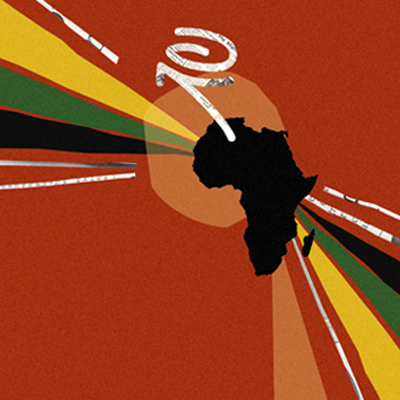
Article
Africa to the Rest
The most Christian continent today grapples with its missional future.
Multipolar Listening to Reframe Difficult Questions in Mission
there is a case to be made for the mission-conscious kind, who can see from multiple worlds, to reframe these intractable questions through double, even multipolar listening.
Many readers of the Lausanne Global Analysis, engaged in mission work and fully occupied with urgent practical matters, might forget to pause and take part in the kind of multipolar listening that Andrew Walls did in his early years in Africa. For a continent that is constantly dismissed when it does not conform to Enlightenment-inspired epistemological frameworks, would-be benefactors who bring prepackaged solutions often miss out on the living miracle of something new that God is doing. It takes a seasoned soul like Walls—the Methodist-ordained preacher and apparent poet—to see it.
The contemporary moment confronts Christianity everywhere with complex questions that cannot be answered with trite clichés. In the footsteps of Walls, there is a case to be made for the mission-conscious kind, who can see from multiple worlds, to reframe these intractable questions through double, even multipolar listening. Most who come across complex questions have access to institutional and resource networks. Rather than settle on self-deprecating anti-intellectualism, Walls sets an example. A life-long missionary educator himself, he harnessed what Western resources he could to shepherd a generation of self-consciously Christian scholars—proud in their regional identities yet pursuing the highest intellectual virtues at home and abroad, to reframe the overall story.
Walls protégés have helped adjoin the study of African Christian history towards a more comprehensive (better still, ecumenical) stream of Christian thought, not on the margins where it was lost in translation. More of his kind of benefactors are needed in the growing world Christian movement for the sake of a world that desperately seeks answers.
Endnotes
- https://www.christianitytoday.com/news/2021/august/andrew-walls-world-christianity-edinburgh-yale-tributes.html
- Philip Jenkins, The Next Christendom: The Coming of Global Christianity (Oxford: Oxford University Press, 2011).
- Editor’s Note: See article by Mons Gunnar Selstø and Frank-Ole Thoresen, entitled ‘Lessons from North African Church History: Embracing a Theology of Unity in Diversity,’ in the September 2018 issue of Lausanne Global Analysis, https://lausanne.org/content/lga/2018-09/lessons-from-north-african-church-history.
- Walls has numerous articles that can easily be accessed on various online platforms.
